alwepo, Customer Relationship Management (CRM) systems have emerged as essential tools for businesses to organize, automate, and optimize their interactions with customers. Among the various types of CRM systems available, Pipeline CRM stands out for its dynamic approach to managing sales and marketing pipelines. In this article, we will delve into the concept of Pipeline CRM, its key features, benefits, and how it revolutionizes customer relationship management.
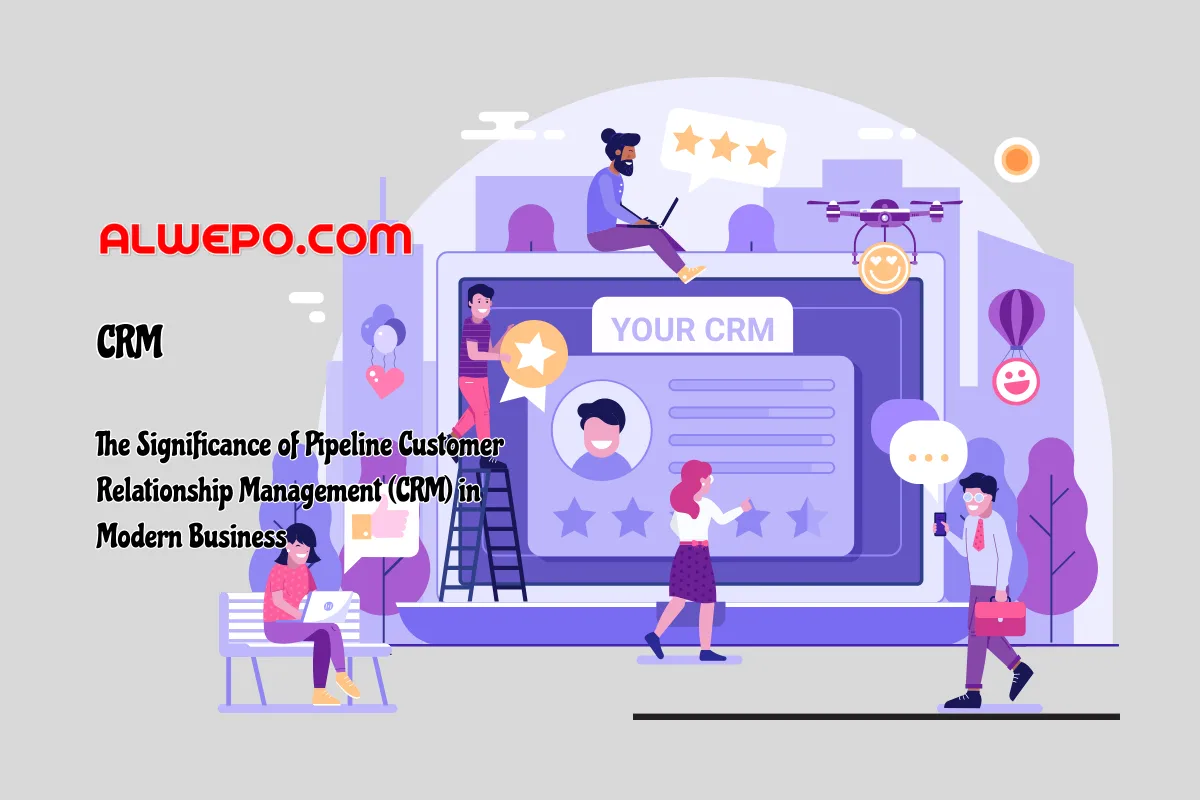
Introducing Pipeline Customer Relationship Management (CRM)
A Pipeline CRM, also known as a Sales Pipeline CRM or Sales Pipeline Management CRM, is specialized CRM software designed to facilitate the management and monitoring of the sales process, from initial lead generation to the final sale. It focuses on visualizing and tracking each step of the sales pipeline, providing a clear understanding of sales opportunities, progress, and potential bottlenecks.
Key Features of a Pipeline CRM
1. Lead Tracking and Management
Lead Tracking and Management are pivotal aspects of a Pipeline CRM system. They play a fundamental role in the success of a business’s sales and marketing efforts. Here’s an in-depth look at the significance of Lead Tracking and Management:
-
- Lead Capture and Centralization: A Pipeline CRM enables businesses to capture leads from various sources such as website contact forms, social media, email campaigns, and trade shows. The system centralizes all lead information into a single database, offering a comprehensive view of potential customers and their interactions with the company.
- Lead Segmentation: Not all leads are the same, and a Pipeline CRM allows for efficient lead segmentation based on various criteria like demographics, behavior, or interests. Categorizing leads into different groups enables tailored interactions and marketing efforts, increasing the chances of conversion.
- Automated Lead Assignment: Leads can be automatically assigned to the most appropriate salesperson based on predefined rules or round-robin allocation, ensuring a fair distribution of leads and speeding up the follow-up process.
- Lead Nurturing: Lead nurturing is the process of building relationships with potential customers and guiding them through the sales funnel. A Pipeline CRM facilitates this by automating personalized follow-up emails, reminders, and targeted marketing campaigns.
- Lead Scoring: Businesses can assign scores to leads based on factors like engagement level, demographics, and interactions with the company. This enables sales teams to prioritize high-scoring leads, focusing their efforts on prospects with the highest potential for conversion.
- Lead Tracking and Communication History: Pipeline CRM systems maintain a comprehensive record of all interactions and communications with each lead, allowing sales representatives to understand the lead’s needs and preferences for more personalized and effective conversations.
- Real-Time Lead Monitoring: A Pipeline CRM provides real-time updates on the status of leads within the sales pipeline, enabling proactive decision-making and course corrections to keep the pipeline flowing smoothly.
- Lead Conversion Analysis: By analyzing the lead-to-customer conversion rate, businesses can gain valuable insights into the effectiveness of their marketing and sales strategies, enabling organizations to refine their approaches and improve overall performance.
2. Customizable Sales Stages
Customizable Sales Stages are a fundamental feature of a Pipeline CRM that allows businesses to adapt the CRM system to their unique sales processes and align it with their specific business needs. By tailoring the sales stages, companies can create a structured framework that guides sales representatives through the different steps of the sales journey.
Benefits of Customizable Sales Stages:
- Adaptability to Business Processes: No two businesses have the exact same sales process. Each organization has its own set of steps and milestones that a lead goes through before becoming a customer. Customizable Sales Stages enable businesses to configure the CRM system to mirror their specific workflows.
- Improved Sales Rep Adoption: When sales stages are tailored to fit the way a sales team operates, it becomes more intuitive for sales representatives to use the CRM effectively. A system that resonates with the team’s existing processes is more likely to be embraced and used consistently.
- Enhanced Sales Pipeline Visibility: Customizable Sales Stages offer a clear visual representation of the sales pipeline, enabling sales managers to assess the status of deals and understand which stage each opportunity is at in the sales process.
- Tailored Sales Reporting and Analytics: The ability to customize sales stages allows businesses to generate tailored sales reports and analytics. Sales managers can analyze data specific to each stage, such as conversion rates, average time spent in each stage, and win/loss ratios.
- Flexibility in Experimentation and Improvement: Customizable Sales Stages grant the flexibility to experiment with different sales methodologies and strategies, based on data-driven insights obtained from the CRM, enabling continuous improvement and refinement of the sales process.
- Alignment with Customer Journey: Customizable Sales Stages allow businesses to align the CRM with the customer journey, ensuring that the sales process caters to the needs and expectations of prospects at each stage.
- Integration with Marketing Efforts: Customizable Sales Stages enable seamless coordination between marketing and sales teams, facilitating a smoother handoff of leads from marketing to sales.
- Support for Sales Methodologies: Customizable Sales Stages can be tailored to align with specific sales methodologies, enabling sales representatives to follow established best practices and approaches that resonate with their target audience.
3. Visual Representation
Visual Representation is a key feature of a Pipeline CRM that transforms complex sales data into intuitive charts, graphs, and visualizations, enabling sales teams and managers to gain quick insights into the status of the sales pipeline and make data-driven decisions effectively.
Benefits of Visual Representation:
- Instant Data Interpretation: Visual Representation condenses large sets of sales data into graphical elements, enabling sales representatives and managers to grasp essential information at a glance, whether it’s the number of leads at each stage, conversion rates, or revenue projections.
- Clear Sales Pipeline Visualization: Visual Representation creates a clear, visual depiction of the entire sales pipeline, helping sales teams identify potential bottlenecks, prioritize opportunities, and allocate resources efficiently.
- Enhanced Tracking of Sales Opportunities: Sales representatives can easily track and monitor individual sales opportunities as they move through the various stages of the pipeline, quickly identifying stalled deals or those ripe for closing.
- Improved Sales Forecasting: Visual representations in a Pipeline CRM present historical and current sales data in trend lines or forecasting graphs, enabling sales managers to predict future performance with greater accuracy.
- Comparative Analysis: Visual representations allow for easy comparison of sales data over different time periods, product lines, or regions, helping businesses identify patterns, trends, and disparities.
- Interactive Data Exploration: Many modern Pipeline CRM systems offer interactive visualizations, allowing users to drill down into specific data points for more in-depth analysis, gaining insights into specific aspects of their sales performance.
- Customizable Dashboards: Visual Representation enables businesses to create customizable dashboards tailored to the needs of different stakeholders, ensuring that each user gets relevant insights, promoting data-driven decision-making across the organization.
- Presentation-Ready Reports: Visual representations are valuable for external presentations and reporting, making data more accessible and engaging, facilitating better communication and understanding.
- Quick Identification of Sales Trends: Visual Representation highlights sales trends, allowing businesses to spot growth patterns, identify successful strategies, and detect potential challenges.
4. Automated Task Management
Automated Task Management is a valuable feature of a Pipeline CRM that streamlines sales and customer relationship processes by automating routine tasks, reducing manual effort, and enhancing overall efficiency.
Benefits of Automated Task Management:
- Time-Saving Efficiency: Automated Task Management in a Pipeline CRM automates tasks such as data entry, follow-up emails, appointment scheduling, and reminders, allowing sales teams to focus on high-value activities that directly contribute to revenue generation.
- Consistent Follow-ups: Automated Task Management ensures that leads and customers receive timely and relevant follow-up communications without any lapses, maintaining engagement and enhancing the chances of conversion.
- Personalized Customer Interactions: A well-configured Pipeline CRM with Automated Task Management can facilitate personalized interactions with leads and customers, providing a tailored and relevant experience for each individual, increasing customer satisfaction.
- Reduced Human Errors: Automated Task Management eliminates the risk of errors by executing tasks accurately and consistently based on predefined rules and triggers.
- Lead Nurturing Campaigns: Automated Task Management enables businesses to create and execute lead nurturing campaigns efficiently, guiding leads through the sales funnel and keeping them engaged until they are ready to make a purchase.
- Seamless Workflow Integration: Automated Task Management ensures a seamless integration of tasks into the sales workflow, providing sales representatives with timely prompts and reminders as leads move through different stages of the sales pipeline.
- Improved Team Collaboration: Pipeline CRMs with Automated Task Management facilitate better collaboration among sales team members, ensuring that team members are aware of their responsibilities and can work together effectively to support each other in achieving sales targets.
- Performance Tracking and Accountability: Automated Task Management provides insights into task completion rates and task-related metrics, allowing sales managers to track team performance, identify areas for improvement, and hold team members accountable for their tasks and responsibilities.
- Data-Driven Insights: The data generated by Automated Task Management can provide valuable insights into the effectiveness of different sales strategies and tactics, enabling businesses to optimize their workflows and fine-tune their sales processes to achieve better results.
5. Sales Analytics and Reporting
Sales Analytics and Reporting are essential components of a Pipeline CRM system that provide businesses with valuable insights into their sales performance, customer behavior, and overall sales effectiveness.
Benefits of Sales Analytics and Reporting:
- Data-Driven Decision Making: Sales Analytics and Reporting offer data-driven insights, empowering sales managers and executives to make informed decisions, identify areas of strength and weakness in their sales processes, and implement targeted strategies to improve performance.
- Performance Evaluation: Sales Analytics and Reporting enable businesses to evaluate the performance of individual sales representatives, teams, or territories, recognizing top-performing salespeople and understanding the factors contributing to their success.
- Sales Forecasting: Accurate sales forecasting is crucial for resource planning, budgeting, and setting realistic revenue targets. Sales Analytics and Reporting provide historical sales data and trend analysis, allowing businesses to forecast future sales with greater precision.
- Identifying Sales Trends: Sales Analytics helps businesses identify sales trends over time, such as seasonal variations in sales, product popularity, or changes in customer preferences, enabling companies to adjust their strategies accordingly.
- Customer Segmentation and Profiling: Sales Analytics allows businesses to segment and profile their customers based on various criteria, such as demographics, purchase history, and engagement levels, helping to tailor marketing messages, product offerings, and sales approaches.
- Identifying Sales Funnel Bottlenecks: By analyzing the sales pipeline data, Sales Analytics can identify bottlenecks and inefficiencies in the sales process, focusing on areas that require improvement and streamlining the sales funnel for better conversion rates.
- Measuring Marketing Campaign Effectiveness: Sales Analytics and Reporting can link sales outcomes to specific marketing campaigns, assessing the return on investment (ROI) of marketing initiatives and optimizing marketing strategies accordingly.
- Benchmarking and Goal Setting: Sales Analytics enables businesses to set realistic sales goals and benchmarks based on historical data and industry trends, monitoring progress against these benchmarks to achieve their targets.
- Sales Performance Dashboards: Sales Analytics and Reporting can be visualized through customizable dashboards, presenting key performance indicators (KPIs) in a clear and concise manner, promoting data-driven decision-making across the organization.
Benefits of Implementing a Pipeline CRM
- Enhanced Sales Visibility: Pipeline CRM provides real-time visibility into the sales pipeline, allowing sales managers to identify potential issues and opportunities at every stage, enabling efficient resource allocation and informed decision-making.
- Streamlined Sales Process: By automating routine tasks and standardizing the sales process, Pipeline CRM reduces the chances of errors and ensures a more efficient and consistent approach to sales.
- Improved Sales Forecasting: Accurate sales forecasting is critical for effective resource planning and budgeting. Pipeline CRM’s analytics and reporting features enable businesses to forecast sales with greater precision.
- Increased Sales Productivity: With streamlined processes and automated tasks, sales representatives can focus more on building relationships with customers and closing deals, leading to increased productivity and higher sales performance.
- Enhanced Customer Relationships: A Pipeline CRM facilitates better customer engagement and follow-up, leading to improved customer satisfaction and loyalty.
Conclusion
A Pipeline CRM is a powerful tool that empowers businesses to optimize their sales processes, enhance customer relationships, and achieve sustainable growth. By providing real-time visibility, automation, and insightful analytics, it streamlines the sales pipeline, enabling sales teams to efficiently manage their opportunities. As customer relationship management continues to be a driving force for success in the business world, adopting a Pipeline CRM becomes increasingly crucial for staying competitive and thriving in today’s dynamic marketplace.



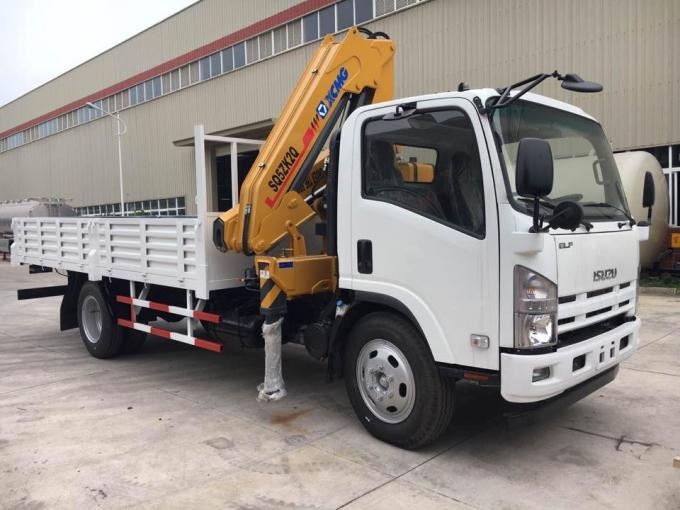

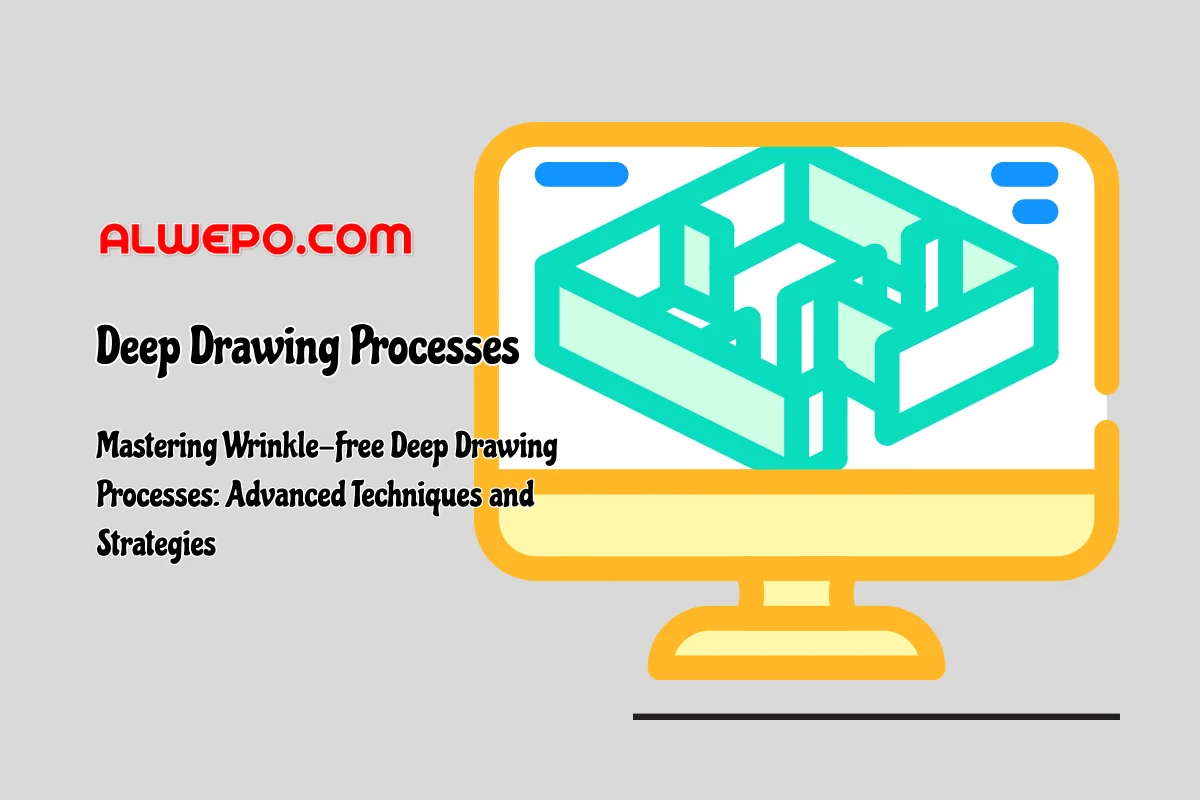



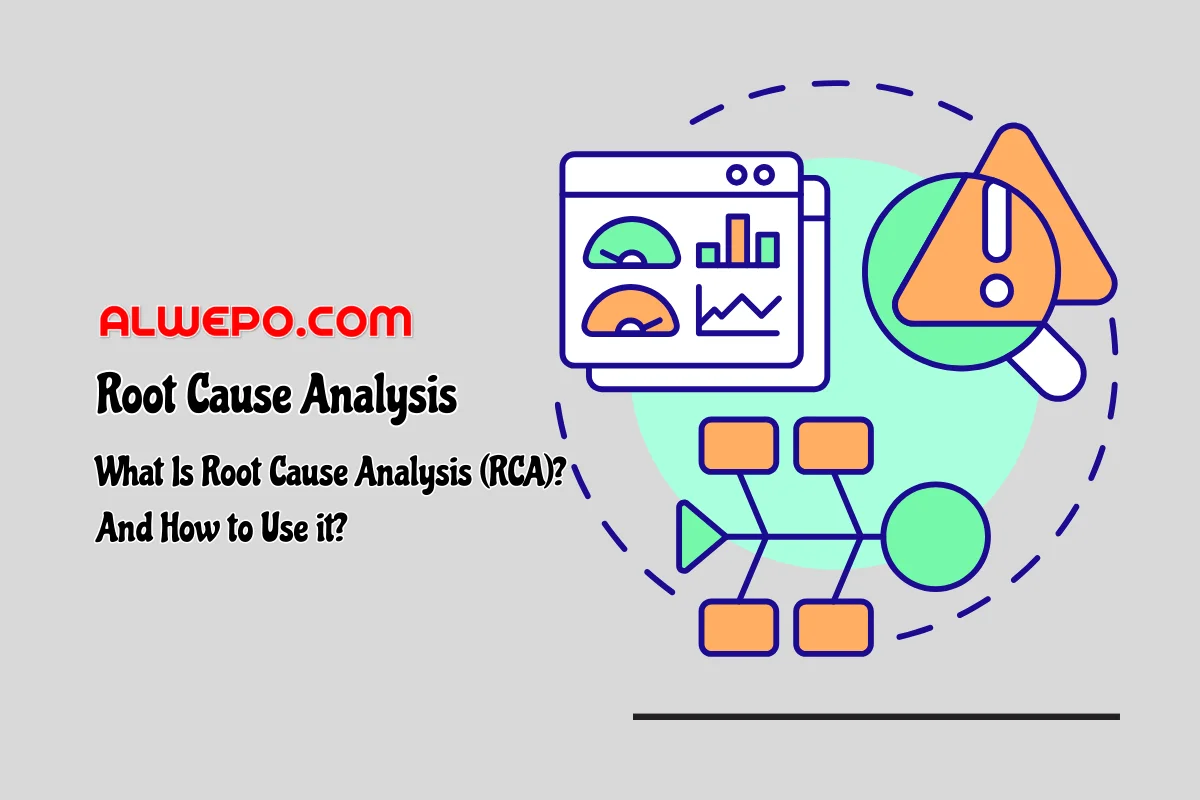
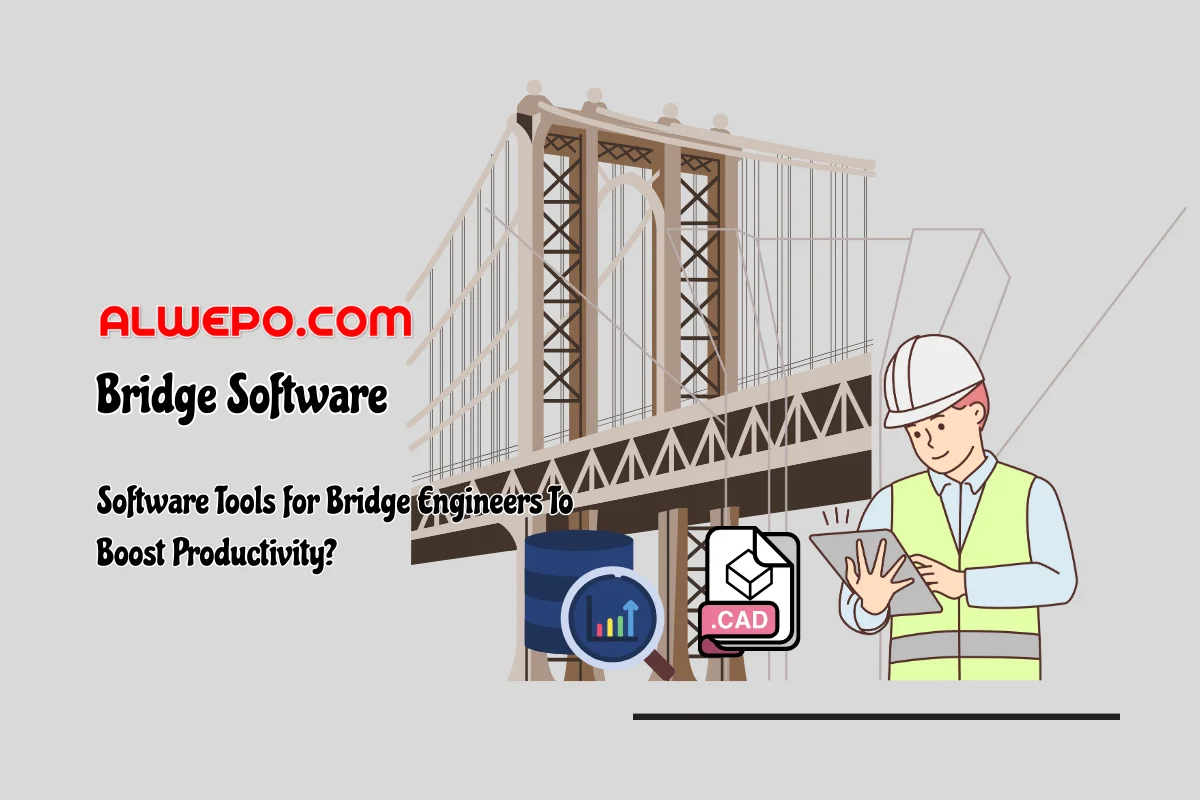




Leave a Reply
View Comments